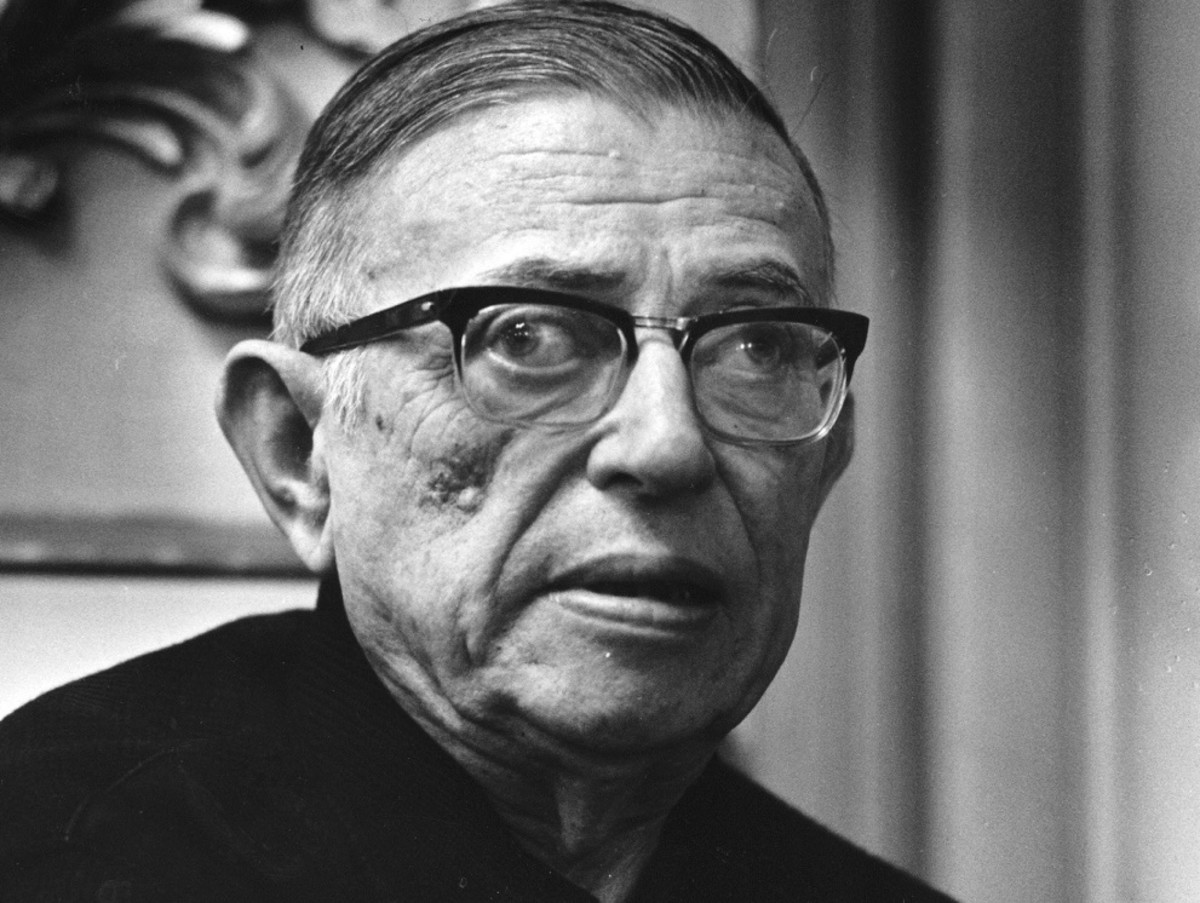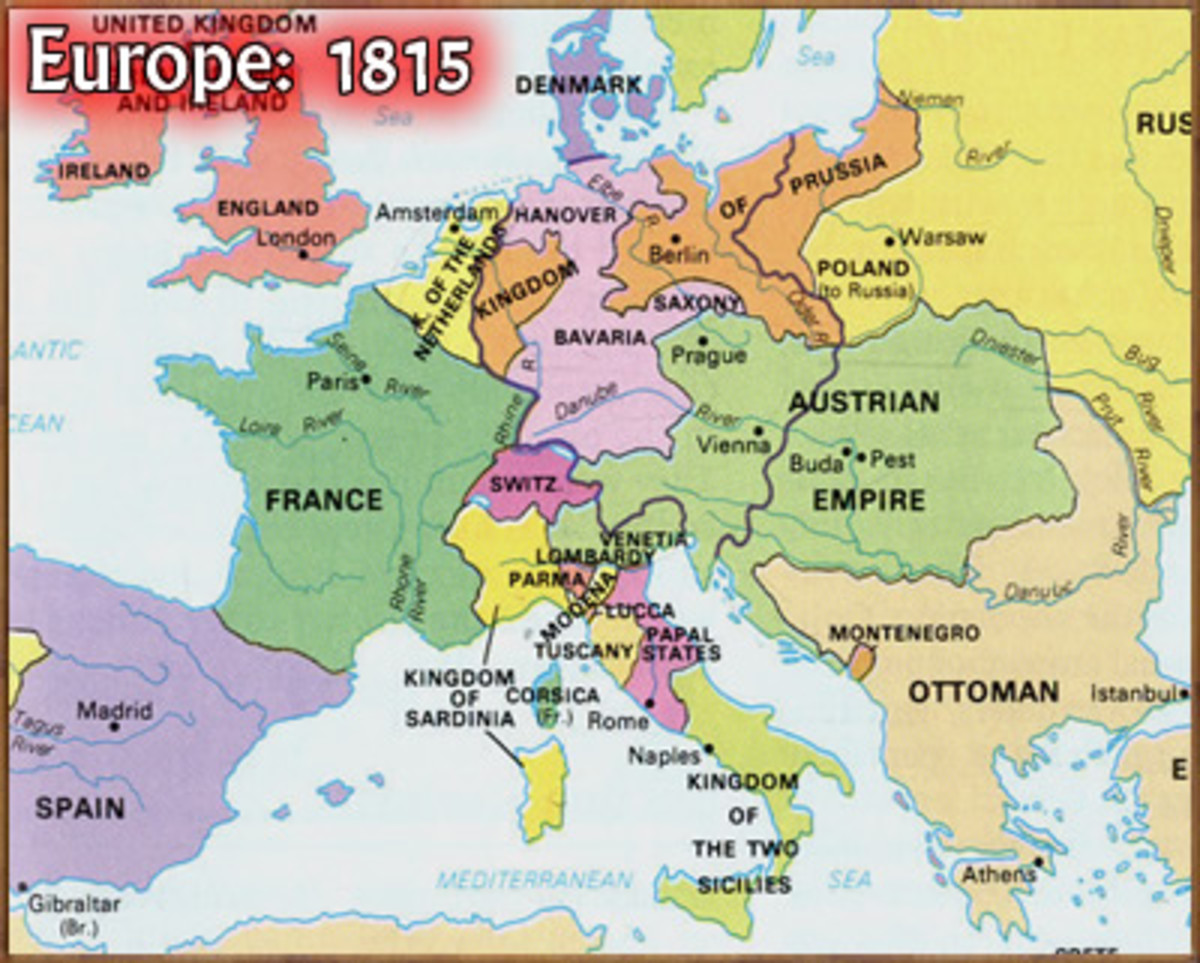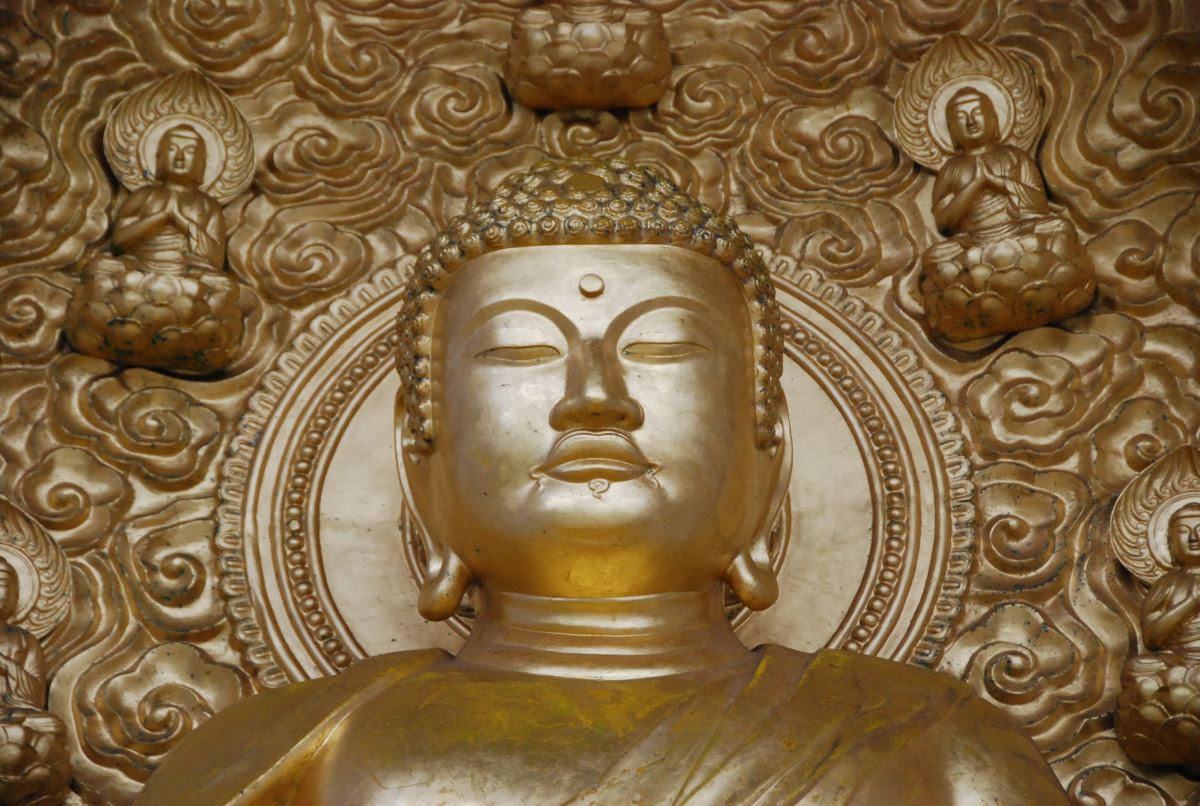Philosophy of Soren Kierkegaard
Introduction
To be a human being to Kierkegaard is to write a story of oneself. Calling existence a story is very apt because a story also has a beginning, a middle and an end and because a story is also subjective. We use our imagination to realize out own story and the story helps us find our ground in reality. Imagination thus enables us to get out of our ‘thereness’ and lets us look at ourselves and make ourselves. Like Sartre Kierkegaard believes that we are free to create ourselves. The ‘self’ is a constant flow of self-interpretation that we organize into a story that is not a factual autobiography. The problem is that people get caught up in mis-telling their story or get too involved in other people’s story. Kierkegaard wants to move away from abstraction and objectification is subjectivity. For to be able to get at what it is to be human is more useful to look at it subjectively:
“Either he can do his utmost to forget that he is an existing individual, by which be becomes a comic figure, since existence has the remarkable trait of compelling an existing individual to exist whether he wills it or not (202)… or he can concentrate his entire energy upon the fact that he is an existing individual.(203).
Objectification has the tendency to lull us into conformity, examples of which are school and religion. Abstractions take us away from living life and is the primary focus of science (and, yes, at times philosophy itself can be drowned in abstractions). So Kierkegaard aims to throw the reader of balance, in order to cause the reader to think for themselves. Kierkegaard creates stages of existence which are by no means solid or factual as a means to examine some of the ways we exist in the world:
Aesthetic Immediate
We are beings-in-the-world we Dasien thereness. Thinking which can be thought of as ‘for-itself’ rises off ‘being-in-the-world’ which can be seen as the ‘in-itself’. This thinking creates a splitting which increases the more objective thought and subjective being-in-the-world becomes more defined. As subjective beings we are always in ‘mood’; and no matter how objective we claim to be we are still in a mood. Mood creates ‘Dis-positions’, attitudes for things and perspectives which again are always to affect our thinking. Mood gives us desires for food, items and people and although utterly non-rational we are grounded in mood. It is a fundamental movement of consciousness reaching out (eros). “It is particularly necessary that one should make use of one’s moods; through them one may realize an inexhaustible variety of combinations.”(31) As a person in the immediate aesthetic mood has a strong influence, this is the stage where one’s primary focus is on pleasure seeking and pain avoidance. It is pure stimulus-response action. The example the Kierkegaard uses is Don Juan. He desires a woman and he directs all his attention to achieving that moment of consummation. The moment of pleasure is important, and the aesthetic seeks for moment after moment. It is non reflective and it does not concern itself with other peoples subjectivity only its own immediate pleasures and satisfaction there of.
Reflective Aesthetic
In the reflective aesthetic one still seeks endless moments of pleasure with no long lasting fulfillment. They live in abstraction; a world defined by constant pursuit of pleasure. This, however, leads to despair since the immediate moments of pleasure do not satisfy and they must always anticipate and seek the next moment. The example Kierkegaard uses is the Seducer. A man that manipulates situations and women in a well thought out plan of seduction. “No impatience, no greediness, everything should be enjoyed in leisurely draughts; she is pointed, she shall be run down.” (39). The thrill is in the pursuit and the moment of consummation means the end of it. He is avoiding true decision by not making commitment. For a fundamental characteristic of the aesthetic is a lack of true decision making. The seducer distances himself by constantly reaching out in pursuit of his desire for a woman. To him the woman is not a person but an object.
Boredom is a great threat in the immediate aesthetic. Boredom is how despair and anxiety manifest themselves. People must constantly seek new stimulus in order to avoid the threat of boredom. Kierkegaard discusses boredom as the ‘root of all evil’ and has the idea that we should rotate ones pleasures and take pleasure in small things all to defeat the influence of boredom. Within this discussion he talks of remembering and forgetting. “No weapon is so dangerous as the art of remembering. It gives a very peculiar feeling in the midst of one’s enjoyment to look back upon it for the purpose of remembering it.” (27). Rather than immerse ourselves in an enjoyable moment we instead process the moment and reflect upon it so we can remember it in detail later. Remembering and forgetting is natural and in fact it is a useful talent when we are constructing stories of ourselves. We are playing with our own memory which is far more malleable than we like to think. It takes approximately two years for a memory to be processed into long term memory. This gives your reflective mind plenty of time to think on the memory and alter it. That is why many people can remember a single event differently and why eye-witness accounts are no longer considered as valuable as we once thought. Ideally, then, we should try not to remember moments of joy and pleasure so accurately. Firstly, we are free to immerse ourselves in that moment of pleasure. Secondly, the next time it can be experienced like new and thus preventing boredom. “Forgetting is the true expression for the ideal process of assimilation by which the experience is reduced to a sounding-board for the soul’s own music.” (27).
Immediate Ethical
The ethical tries to remember certain things in order to will the same thing over and over; such as a marriage commitment. It is a self-making choice. Most importantly in this stage a person recognizes the subjectivity of others and commits to others. Kierkegaard uses the Judge in response to the Seducer and writes about the validity of marriage. The judge does not treat the seducer as a means to an end but as an end, as a person he is trying to aid. “For the sensual is in the momentary. The sensual seeks instant gratification, and the more refined it is, the better it knows how to make the instant of enjoyment a little eternity. The true eternity in love, as in morality, delivers it, therefore first of all from the sensual. But in order to produce this eternity a determination of will is called for.” (83)
Marriage is a fine example of this stage since in marriage you commit to another person and are concerned with that person’s subjectivity. But one does not commit once (at the ‘I do’), it is a constant effort of remembering and reviving that commitment. In this stage because of other people you begin to think about your effects on others. You think about how you act and what you can or cannot do. Therefore others help you understand yourself better. From this stems your morals that come from socialization and custom. You create ideals on how to act. However, in trying to keep a commitment, such as a marriage, one becomes aware that one must kill off one’s subjectivity to please the partner (masochism) or negate the others subjectivity to save one’s own (sadism).
Reflective Ethical
The morals presented though socialization become quire questionable. A person begins to question how they relate to those morals and whether they are always valid morals in different situations. Morals become objective and universal rather than cultural and particular. Kierkegaard was influence by Kant and his categorical imparative, which would fit into the reflective ethical. 1) Act only in such a way as that it should be made into a universal law. (If I steal, then it should be acceptable that everyone does). 2) Treat people as an end; that is, as subjects not objects. 3) Duty for duty’s sake; do something because it is right not because of fear of consequences or a reward. In the reflective ethical you realize that in reality you cannot meet up to your own ideals. Kierkegaard mentions that these ideals can be made even stronger by associating them to God, God as Judge. Regardless, a person is never going to truly satisfy themselves or others because no one can be morally pure. And when you fail you feel guilt, and this guilt is more powerful if you believe that there is a god watching and weighing your every action. It ends up that whether we do something or don’t we are in the wrong. This creates more despair where we can either leap in the religious stage or fall back into a previous stage.
Religious
According to Kierkegaard, a Christian, we attempt to be Christ-like. We attempt to create a unity between object + subject, divine + human, infinite + finite and so on.
Knight of Infinite Resignation (A)
This is the stage where god is an objective truth and one relates to god in a subject to object relationship. One is in denial of this world because that is what is holding them back from reaching god. They deny the flesh and worldly desires and name them evil and they deny the self for the will of god. There is no doubt. Therefore Abraham must kill his son even though the demand from god contradicts god’s very nature. When people find they cannot reach god and cannot enact his will this inevitable leads to despair. “In the infinite resignation there is peace and rest and comfort in sorrow.” (125). This leads to alienation and kills the pride of hubris.
Knight of Faith (B)
This is a subject to subject relationship to god. It is an intimate relationship and a communication with the divine. It is not based on fact or evidence but a leap of faith and that faith is a constant effort to maintain. This is where the splitting of the thinking and the being-in-the-world is mended, and one unifies the infinite and the finite in every moment. In this stage Kierkegaard brings in the theme of willing one thing. For the “Knight will have the power to concentrate the whole content of life and the whole significance of reality into one single wish,” (122), and “in the next place the knight will have the power to concentrate the whole result of the operations of thought into one act of consciousness.” (122). As you can imagine willing one thing is practically impossible most of the time. It also sounds like the Knight of faith is truly living in the present moment as well as the infinite as he “takes delight in everything he sees, in the human swarm, in the new omnibuses, in the water of the Sound.” (120). This sounds familiar to Sartre’s Good Faith since the knight is truly in the moment but at the same time aware of the past and future in the eternal. It is also interesting to note that this willing one thing and delight in everything is very childlike. You only have to see a child at play, utterly absorbed in the moment to understand what Kierkegaard refers to here.
Conclusion
I like Kierkegaard’s emphasis on subjectivity especially in existentialism. It seems like the best way to go about the subject, since we really cannot get out of our own existence and thus subjectivity. Science often believes it obtains objective facts. Science ignores subjectivity, belief and even the influence of mood on its results and theories. However, these influences are there and one has only to look on experimenter effects to know that even small signals from the experimenter on the subject can skew results. Our ability to objectify has its uses, it is a useful tool we use to picture our reality and organize our thoughts. The only faults lie in believing that we really can picture reality outside of our subjectivity and that our theories and thoughts are not influenced by our ‘being-in-the-world.”
Kierkegaard like Sartre believes in freedom and recognizes that people flee from it, “People hardly ever make use of the freedom which they have,” (10). The freedom to create ourselves. He believes we are essentially free to make choices and ought to take responsibility for these choices. I agree that accepting our freedom creates anxiety and flight. We tend to flee from the idea that we are solely responsible for our lives and choices, and there is never a sure choice to make. He is also aware that having to make choices creates despair and anxiety, but that past choices have no strength in regards to present ones. And while it is true that past choices do not dictate future ones it is also true that if you respond a certain way so many times it becomes habitual and thus when you make the choice in the future is not with much awareness. Therefore it is my belief that reflection on past choices may help you break a pattern that you follow without thinking. Therefore I do not believe we are entirely aware of our freedom. A thought pattern is like a worn neuron pathway in the brain, after choosing to respond to a situation enough times it becomes a chose you make on a minimal awareness level or a pre-reflective level. Often such patterns develop when we are quite young and not reflecting upon choices so much as reacting to a situation. However, the brain is malleable as the memory and we do have the power to alter and create ourselves if we acknowledge that freedom rather then fleeing responsibility by claiming we are ‘born’ that way or society ‘made’ us that way.
One problem we have with making decisions is that it is hard to will one thing, sometimes we want two contradictory things. Sometimes our mood interferes with what we should do. Sometimes our morals interfere with what would be easier. How can we will one thing when we cannot even think one thing and we are consumed with our rather irrational subjectivity and moods? Naturally choices create anxiety, you have a life making choice to make with two equally appealing choices and only one path can be traveled. We know when we choose one path over another we eliminate a possibility and we may regret this choice. We may not want to be responsible for a bad choice.
One of my favorite aspects of Kierkegaard and existentialism is the freedom to make ourselves. Again, we know that our memory is malleable and easily altered; a liar can even come to believe their lies. Secondly, our ability to reflect upon what we have done creates an objective slice of reality that we can interpret any way you want… without the influences of the emotions of that even when it happened or the motives that actually influenced you at the time. We all have an amazing ability to deceive ourselves and to rationalize our behavior. We always find numerous reasons to do something we wanted to do anyway. And we have the choice to look at the world through rose colored glasses or black tinted ones. We have the ability, we don’t often acknowledge, to change characteristics or thought patterns that we do not like in ourselves. Our choices literally create who we are. The worst problem people have is not trying to ‘know thyself’ so that they can rationalize and hide from responsibility and freedom.
I agree that acknowledging the role of subjectivity is important. We are indeed always in a mood and this naturally affects our thinking and creates prejudices and presuppositions. Thinking and emotions are quite interconnected despite the fact that we think of ourselves as rational beings… and forget that we are also animals. We believe things and then create reasons for that belief. However, I do not believe that reflection creates a split in our awareness. I see it as a fundamental action that we do, just as vital as anticipating the future. Just as we reflect on the future to create plans we also reflect on the past to understand ourselves and our actions. And yes, this does jolt us out of the ‘moment’ which is why a criticism of Sartre and Kierkegaard is that although it would be grand to live in the moment it is almost impossible to do and may even decrease our ability to survive. We are bound in the ‘now’ and to immerse ourselves in it is important but our ability to look to the future and review the past enables us to survive in the world. It may be that the for-itself (thinking) rises out of the in-itself (being-in-the-world), but these are just different states of awareness that cannot be denied and both have a purpose in what it is to be human. We have a bodily awareness, a pre-reflective and emotional awareness, and a reflective thinking awareness; all of which are equal and make who we are. Besides psychologists claim that ninety percent of our thinking is unconscious, so it is true that primarily we are pre-reflective and the reflective aspect is rather minute. The reflective part of our mind is the small window of opportunity to change and create ourselves. Focusing on one rather than the other naturally leads to thinking of them as splitting off and creates and dualism of the mind where one becomes the desires state of mind rather than an aspect of the whole. So embrace your freedom. And as Nietzsche says dance in your chains. Create yourself….
Notes: Kierkegaard Anthology, ed Robert Bretall,









